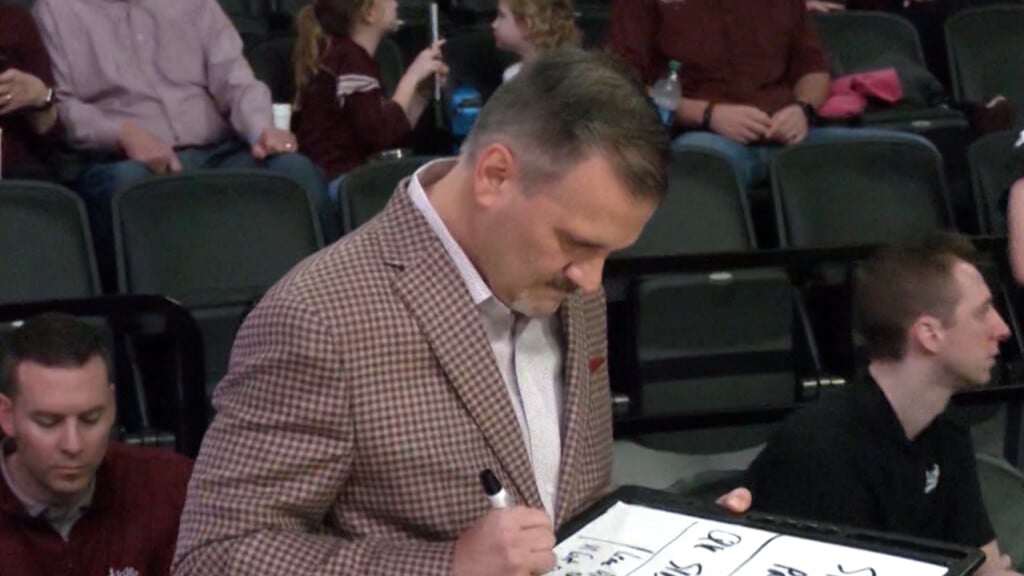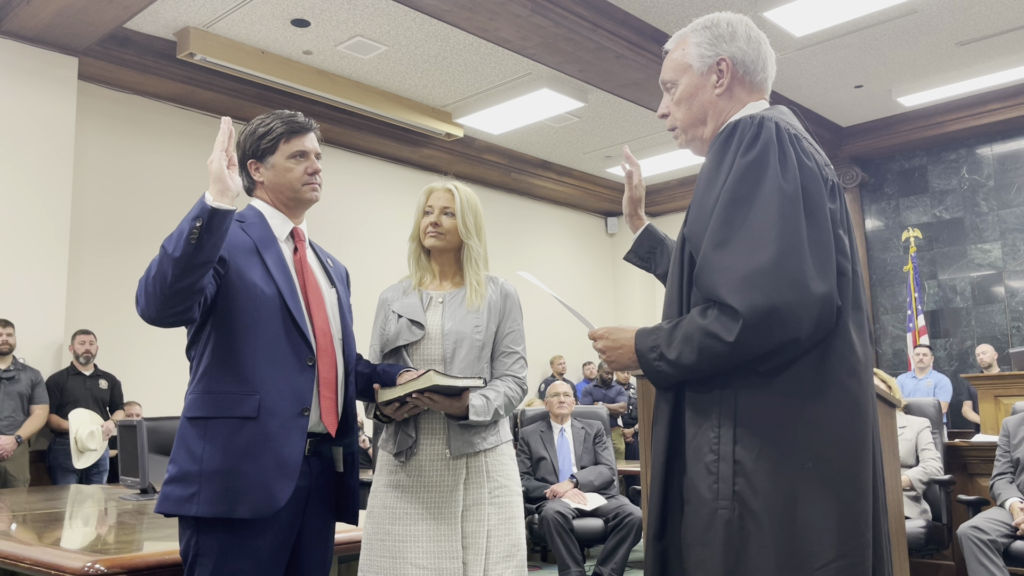Your favorite household brands want to bring zero waste to your doorstep
- What if consumers didn’t have to dispose their empty plastic containers but could return them and get them refilled?
- That’s the idea behind Loop, a subscription delivery service from waste management company TerraCycle.
- Loop has signed up several giant consumer-goods makers to have their products delivered via the service.
- It’s a new spin on the milkman deliveries of yore, except with consumer goods from shampoos to sodas.
One year after China banned plastic waste from the U.S. and other developed countries, Nestlé, Procter & Gamble, PepsiCo, Unilever and other consumer giants are collaborating with a new service that gives consumers a way to shop and achieve zero waste. It’s called Loop — a subscription delivery project directed by waste management company TerraCycle that launches in May with the blessing of the World Economic Forum.
It was announced in January at Davos, where TerraCycle CEO Tom Szachy pitched his idea to the world’s biggest consumer companies — some of the most notorious repeat offenders on climate change. “We wondered is recycling the answer to waste? And we realized it’s good at solving the symptom of garbage, but not the root cause, which is disposability,” Szachy told CBS MoneyWatch. “And that got us to thinking of disposability and what could be the solution.”
Instead of throwing away packaging after it’s been used once, Loop delivers over 300 consumer goods in reusable packaging. Shoppers can purchase Tide detergent, Dove deodorant, Coca-Cola soda or Häagen-Dazs ice cream that will be delivered to their doorsteps in tote bags. It’s a new spin on the milkman deliveries of yore, except with just about any consumer good.
Buyers can eat the ice cream, drink the soda, launder their clothes and then put the empty containers back into the tote bags for pickup. Loop retrieves the bags, sterilizes the containers in its warehouses and refills them before shipping them out to consumers again. Users wouldn’t even have to clean the containers, like they would for recycling. “We don’t want you to change your consumer behavior,” Szaky said.
Loop plans to roll out mid-May in Maryland, New Jersey, New York and Pennsylvania, and London in September. Loop plans to launch in Canada, Japan, Germany and more U.S. regions in 2020.
Solving a recycling crisis
The program is launching more than one year after China’s ban on accepting plastic waste in January 2018 put the whole U.S. recycling system in a tailspin. The U.S. had shipped its recyclable plastic and cardboard overseas for more than 25 years. In 2016 alone, China took 760 million tons of plastic off U.S. hands. While Malaysia, Thailand and Vietnam have picked up where China left off, those countries don’t have waste management systems sophisticated enough to handle U.S. plastic scrap.
Now, the U.S. is facing a wake-up call, having to develop new ways to manage its waste. Many cities and towns across the nation are even forgoing recycling or scaling back on programs as a response.
All that has added pressure on consumer-goods giants, especially because environmentalists never saw the recycling industry as an ideal solution. While items like glass bottles can be recycled back into new glass bottles, products made with plastic are often recycled into lower quality plastic goods or they aren’t accepted by waste management programs. That means recycling can barely make a dent in the sheer weight of plastic waste.
“When they say, ‘Reduce, Reuse, Recycle,’ ‘Recycle’ is in the last place for a reason,” said Michelle Stevens, owner of the Refill Shoppe in Los Angeles, California, which refills products for customers.
The design challenge for reusability
Whether the consumer-goods companies keep participating in Loop will depend on how subscription users use the service. While the products’ prices are expected to remain the same, shoppers will have to pay a deposit for the packaging that will be refunded once the package is returned. The deposit can change depending on the price of packaging.
For example, Nestlé will charge $6.49 for its Häagen-Dazs ice cream, with a $5 deposit for the container. “We’re assessing the willingness to pay to cover the cost,” said Kim Peddle Rguem, president of the ice cream division of Nestlé USA.
But Nestlé is hoping that a new stainless-steel ice cream container it has designed will give customers an experience that brings them back. The dual-canister container is supposed to keep the ice cream cold and let it melt from the top once opened, as opposed to the sides. The container itself should be warm to the touch.
Rguem declined to say how much Nestlé has invested in Loop or how much it’s paying TerraCycle to clean and refill the product. But she did say the company has already dedicated one year of time and resources to develop the new packaging. It will have about 20,000 containers ready to go when Loop launches.
“The fact that it’s available in this way, which also reduces waste, is exciting for us,” Rguem said. “We know consumers are interested in this.”





Leave a Reply